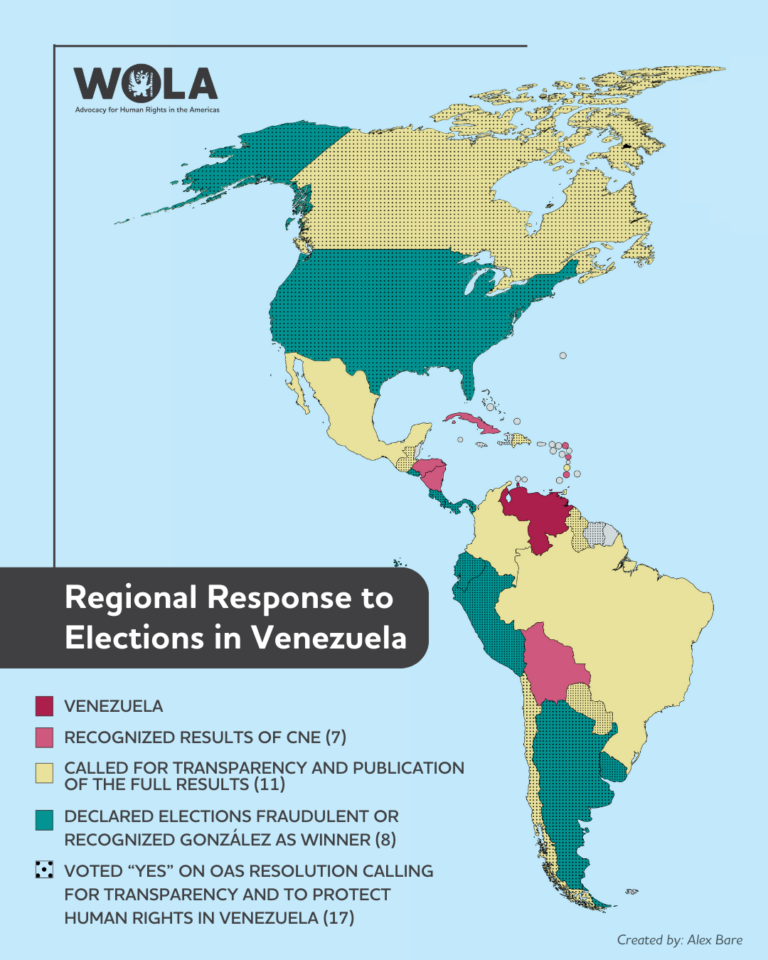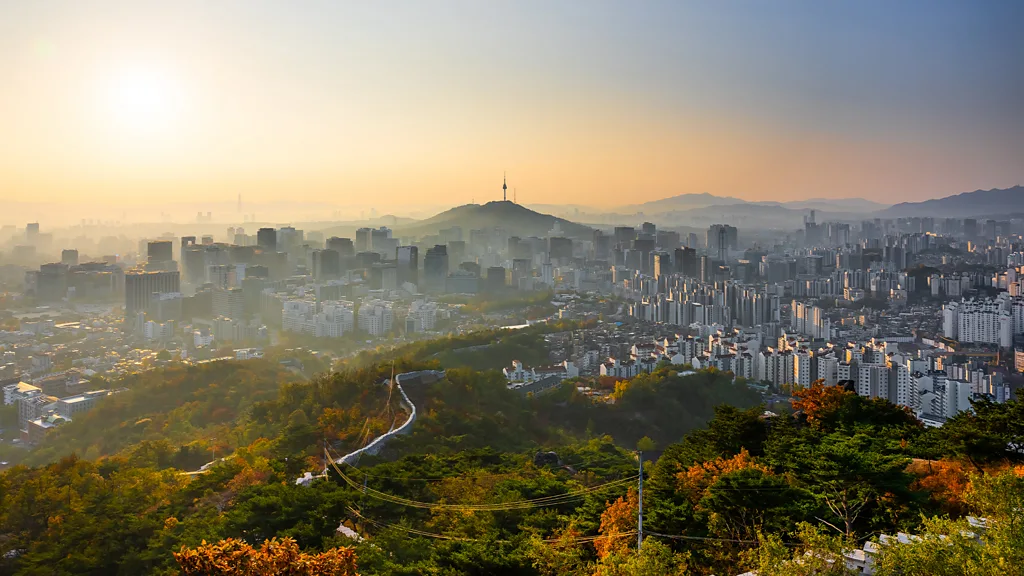Let's first review Venezuela's economy and political system over the past 40 years, then its election news.
我們先回顧一下委內瑞拉40年來的經濟和政治制度,然後再回顧委內瑞拉的選舉新聞。
Economy 經濟
In the early 1980s, Venezuela was one of the richest countries in South America, largely due to its vast oil reserves. However, the economy has experienced significant fluctuations since then:
1980 年代初,委內瑞拉是南美洲最富有的國家之一,這主要歸功於其豐富的石油儲量。然而,此後經濟經歷了重大波動:
1980s-1990s: The economy faced challenges due to falling oil prices, leading to economic instability and social unrest. The government implemented austerity measures, which were unpopular and led to riots, such as the Caracazo in 1989.
80年代至90年代:石油價格下跌,經濟面臨挑戰,導致經濟不穩定和社會動盪。政府實施緊縮措施,但不得人心並引發騷亂,如1989年的卡拉卡索騷亂。
1999-2013: Hugo Chávez’s presidency marked a significant shift. His government implemented socialist policies, nationalized key industries, and increased social spending. While these measures initially reduced poverty and inequality, they also led to economic mismanagement and increased dependency on oil.
1999 年至 2013 年:烏戈·查維斯 (Hugo Chávez) 的總統任期標誌著重大轉變。他的政府實行社會主義政策,將重點產業國有化,並增加社會支出。雖然這些措施最初減少了貧窮和不平等,但也導致了經濟管理不善和對石油的依賴增加。
2014-Present: The economy entered a severe crisis due to plummeting oil prices, hyperinflation, and U.S. sanctions. The GDP contracted sharply, and inflation reached unprecedented levels, causing widespread shortages of basic goods and services. Recently, there have been slight signs of economic stabilization, but the country still faces significant challenges.
2014年至今:由於油價暴跌、惡性通膨和美國制裁,經濟陷入嚴重危機。 GDP 急劇萎縮,通貨膨脹達到前所未有的水平,導致基本商品和服務普遍短缺。近期,經濟出現輕微穩定跡象,但仍面臨重大挑戰。
Political System 政治體系
Venezuela’s political landscape has also undergone dramatic changes:
委內瑞拉的政治格局也發生了巨大的變化:
1980s-1990s: Venezuela was considered a stable democracy. However, economic crises and corruption scandals eroded public trust in traditional political parties.
1980 年代至 1990 年代:委內瑞拉被認為是一個穩定的民主國家。然而,經濟危機和腐敗醜聞削弱了公眾對傳統政黨的信任。
1999-2013: Hugo Chávez was elected president in 1998, ushering in the Bolivarian Revolution. Chávez’s government centralized power altered the constitution, and increased state control over the economy. His leadership style was polarizing, and his policies led to both fervent support and strong opposition.
1999年至2013年:烏戈·查維斯於1998年當選總統,開啟了玻利瓦爾革命。查維斯政府集中權力,修改憲法,並加強國家對經濟的控制。他的領導風格兩極化,他的政策得到了熱烈支持和強烈反對。
2013-Present: After Chávez’s death in 2013, Nicolás Maduro took over. His presidency has been marked by political turmoil, accusations of electoral fraud, and authoritarian practices. The opposition, led by figures like Juan Guaidó, has challenged Maduro’s legitimacy, leading to significant domestic and international tensions.
2013 年至今:2013 年查維斯去世後,尼古拉斯馬杜羅接任。他的總統任期充滿了政治動盪、選舉舞弊指控和獨裁行為。由胡安·瓜伊多等人物領導的反對派挑戰了馬杜羅的合法性,導致國內和國際緊張局勢。
Venezuela’s journey over the past four decades highlights the complex interplay between economic policies and political dynamics.
委內瑞拉過去四十年的歷程凸顯了經濟政策與政治動態之間的複雜交互作用。
Venezuela Election News 委內瑞拉選舉新聞
Venezuela's electoral council proclaimed Maduro, who has been in power since 2013, the winner of the July 28 election with 51% of the vote, immediately sparking fraud accusations. The country's opposition says its tally of about 90% of the votes shows its candidate Edmundo Gonzalez received more than double the support of the incumbent president, in line with independent polling conducted before the contest. (Reuters 8/2/2024)At least 16 people — including one soldier — have died and about 750 more have been arrested as a result of protests in Venezuela. (The New York Times 7/30/2024)
委內瑞拉選舉委員會宣布自2013年開始執政的馬杜羅以51%的選票在7月28日的選舉中獲勝,立即引發了欺詐指控。該國反對派表示,其約90% 的選票顯示,其候選人埃德蒙多·岡薩雷斯(Edmundo Gonzalez) 獲得的支持率是現任總統的兩倍多,這與競選前進行的獨立民意調查一致。 委內瑞拉的抗議活動造成至少 16 人死亡,其中包括一名士兵,另有約 750 人被捕。
The leaders of foreign affairs committees of the U.S. Congress and legislatures across Europe have joined to condemn the Venezuelan government's handling of last weekend's disputed election, an unprecedented show of unity intended to pressure Caracas to release full vote tallies. (Reuters 8/2/2024)
美国国会外交事务委员会和欧洲各国立法机构的领导人联合谴责委内瑞拉政府对上周末有争议的选举的处理方式,这是前所未有的团结表现,旨在迫使加拉加斯公布全部计票结果。
Colombia's president, an ally of Venezuela's Maduro, calls on his government to release detailed election vote counts. (ABCNews, 7/31/2024)
哥倫比亞總統是委內瑞拉馬杜羅的盟友,呼籲政府公佈詳細的選舉計票結果。
The United States has recognized Venezuelan opposition leader Edmundo González as the winner of the country’s recent presidential election, going against claims from long-time Venezuelan president Nicolás Maduro that he won re-election. (The Independent 8/2/2024)
美國承認委內瑞拉反對派領導人埃德蒙多·岡薩雷斯是該國最近總統選舉的獲勝者,這與委內瑞拉長期總統尼古拉斯·馬杜羅關於他贏得連任的說法背道而馳.
The United States is considering fresh sanctions on Venezuela following Sunday's disputed presidential election. (Reuters, 8/1/2024)
在周日有爭議的總統選舉之後,美國正在考慮對委內瑞拉實施新的製裁。
Masked assailants ransack Venezuela opposition leader’s headquarters. (Irish Examiner, 8/2/2024)
蒙面襲擊者洗劫了委內瑞拉反對派領導人的總部。
Explainer: Venezuela's Unfair Election
Please note that the first half of this article was generated by AI, as a response to my questions. For details and accuracy, please explore relevant topics over representative websites. 请注意,上半部的文章是由人工智能生成的,作为对我的问题的回答。为了确保详细信息和准确性,请探索欧美新澳日韩台印加,东南亚等具有代表性的网站。

